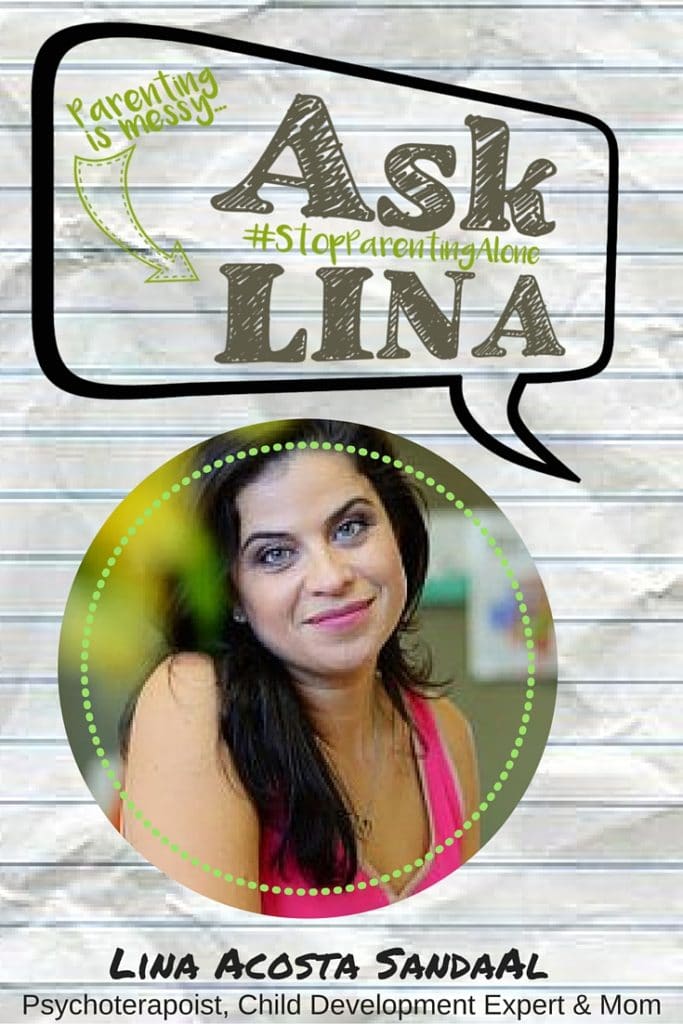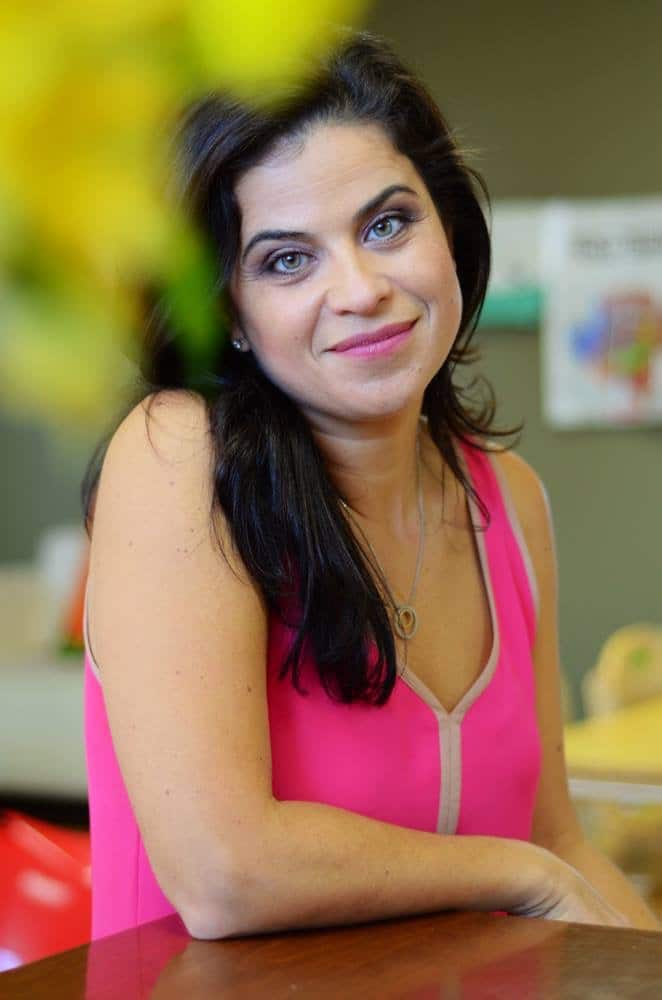
Article originally published in Lina’s blog.
Many parents have questions about how their kids can learn to socialize. The following questions come up frequently at our center:
Q: WHAT CAN WE DO WITH MY DAUGHTER WHEN SHE FEELS THIS FEAR AND SHE HIDES OR DOESN’T ENGAGE?
A: First, we should describe what she is feeling. The majority of parents will tell their kids that “they’re fine” and “there’s nothing to be afraid of.” However, this does not help alleviate the anxiety that they are feeling in that moment. The best way to respond is as follows:
- Describe what they are feeling: “Sweetheart, you are very scared.”
- Touch them or hug them a moment.
- Soothe them by giving them information: “My love, this person is a friend of Mommy’s. Wait here with me and you’ll see that she is a friend.”
We recommend: [Ask Lina] Is my child’s socializing behavior normal?
Q: HOW CAN WE HELP OUR KIDS BE MORE CAUTIOUS WITHOUT SCARING THEM?
A:
- We should explain to them that when they are out of the home they have to ask Mom and Dad permission to greet an adult.
- You can show pictures of the adults that you know, often, so that they can understand the difference between friends and strangers.
- When you go out to a store or public places we should keep them close or hold them by the hand so that we can control whom they greet.
- If a stranger approaches and your child says hi, draw near to your child and say, “My love, you felt curious to know this person but remember that first you have to ask Mom or Dad permission before you greet a stranger.”
Q: WHY DOES MY CHILD HIDE AND SHOW FEAR WHEN ADULTS ENTER HER CLASSROOM?
A: At eighteen months, kids begin their first transition towards autonomy. They want to explore, but face the dilemma of how to leave their secure base, that for most in school is her teacher and at home, her parents, and explore their surroundings at the same time. This dilemma is defined as stranger anxiety and is necessary so that the child can explore and at the same time maintain sufficient tension so that they can remain close enough to those that care for them. In these situations, the child tells himself: “I can do this on my own, but I still need you.”
WATCH LINA DISCUSS THE IMPORTANCE OF KIDS SOCIALIZING IN TELEMUNDO:

Lina Acosta Sandaal, MA, LMFT is a psychotherapist, child development expert and founder of Stop Parenting Alone, a parenting and therapy center in Miami, FL. She is the parenting expert on Telemundo’s national morning show Un Nuevo Dia, a co-chair from the Florida Maternal Mental Health Collaborative and a consultant for MomsRising, a national organization advocating for children and family rights
